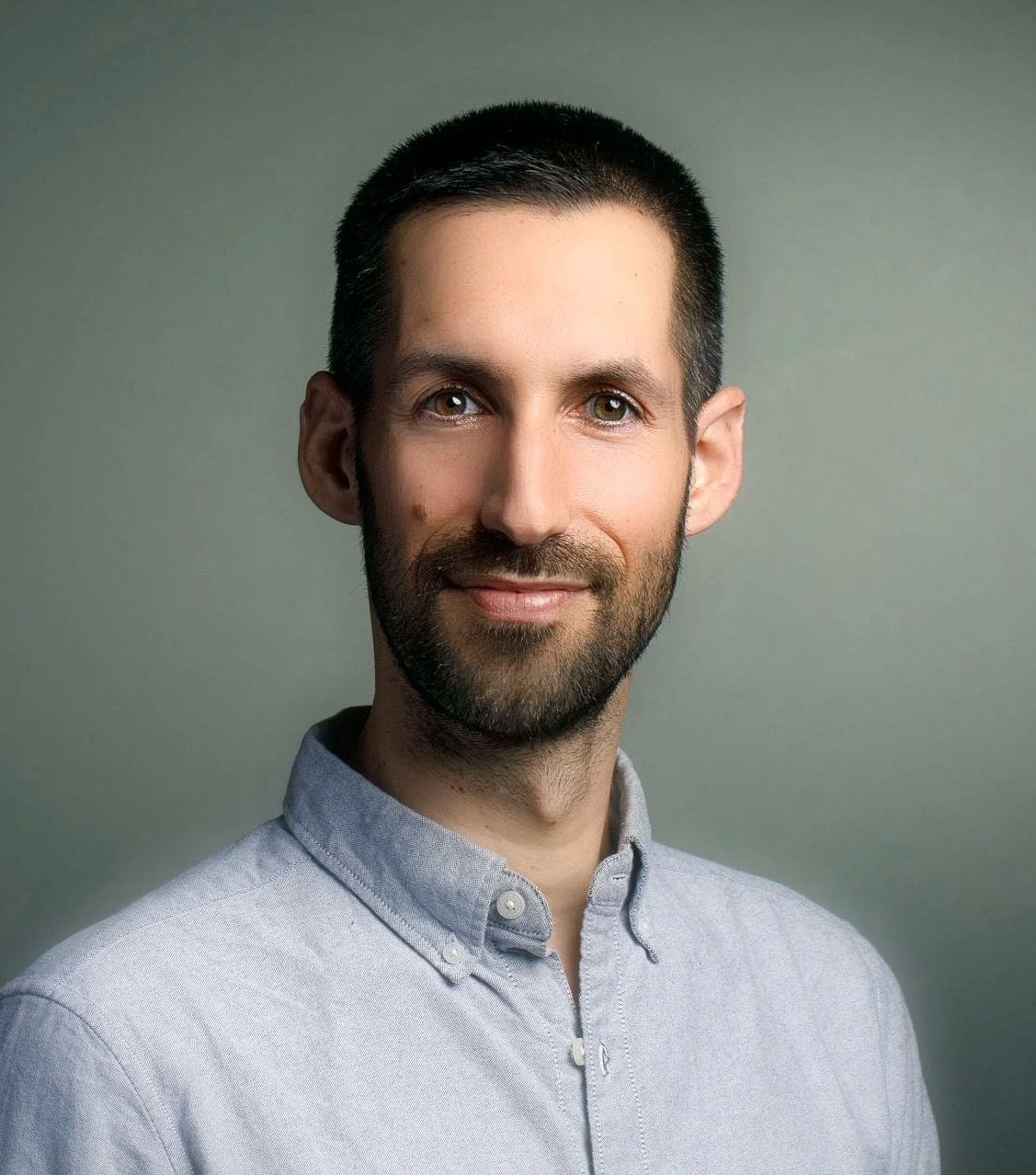
Ohad Dan
Cognitive Neuroscience; Neuroeconomics
Information Seeking
Decision-Making and Learning

Cognitive Neuroscience; Neuroeconomics
Information Seeking
Decision-Making and Learning
Ohad is a postdoc at Yale University.
Cognitive-Psychology and Neuroeconomics are his main fields of research.
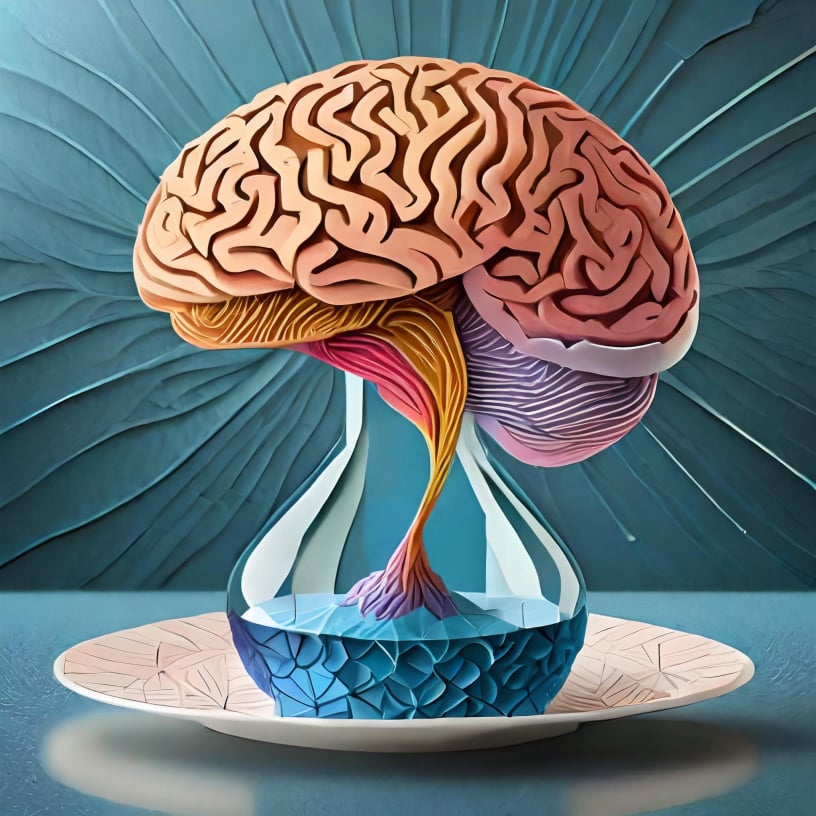
Crafting a new experiment is one of the most exciting aspects of my job.
Experiments are a commitment to a theory on the one hand and a promise for excitement on the other.
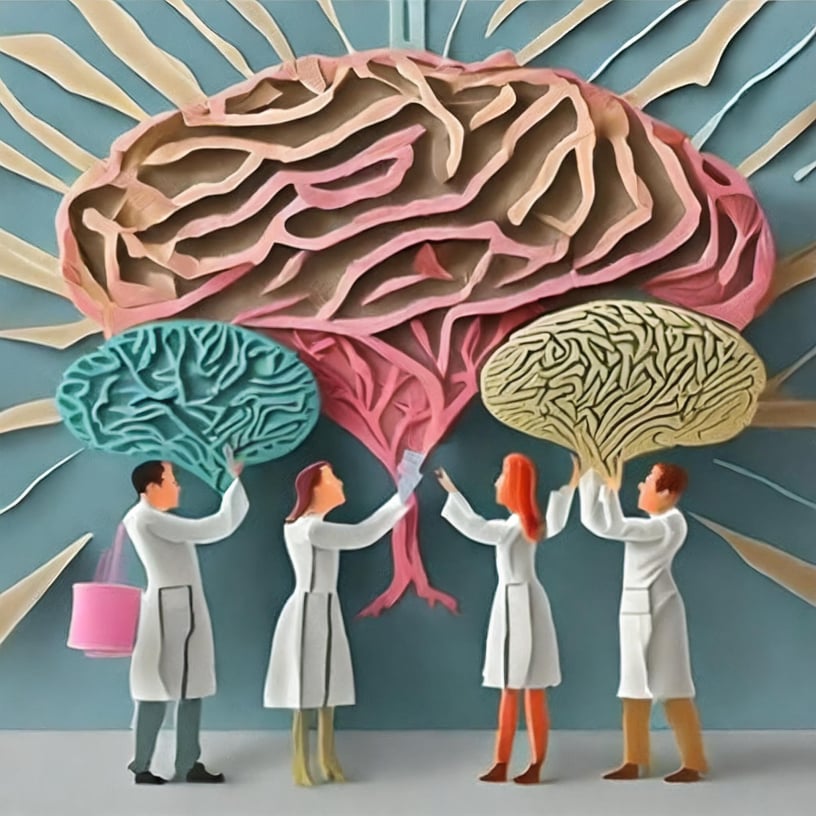
Yes, I think doing the actual science is the coolest thing ever. Still, the best experiences of my scientific journey were the people I met and had the privilege of working with.
My mentors, my mentees; colleagues, collaborators, that conversation at a happy hour in a conference. Science is the best excuse to make profound relationships, which make profound science.

In some of the GOOD studies I designed, I had a hypothesis A and I found evidence supporting A.
In some of the GREAT studies I designed, I had a hypothesis A and I found data supporting a new theory ψ.
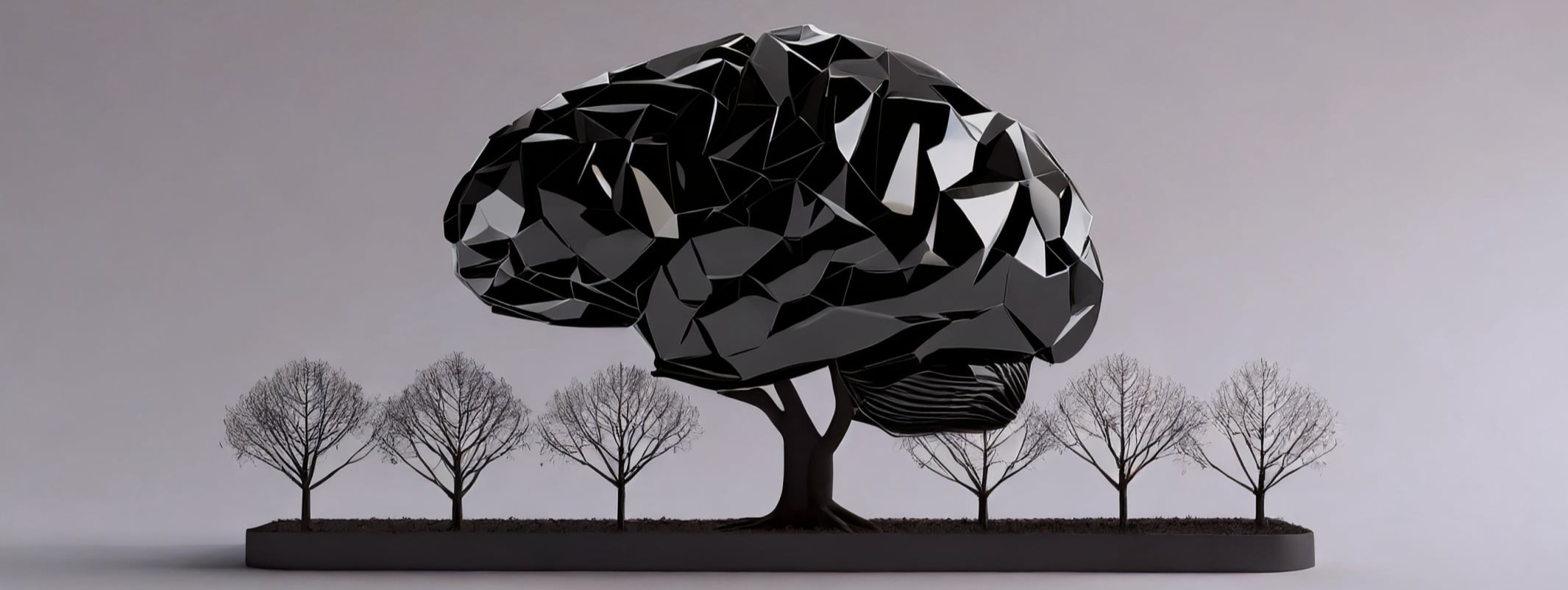
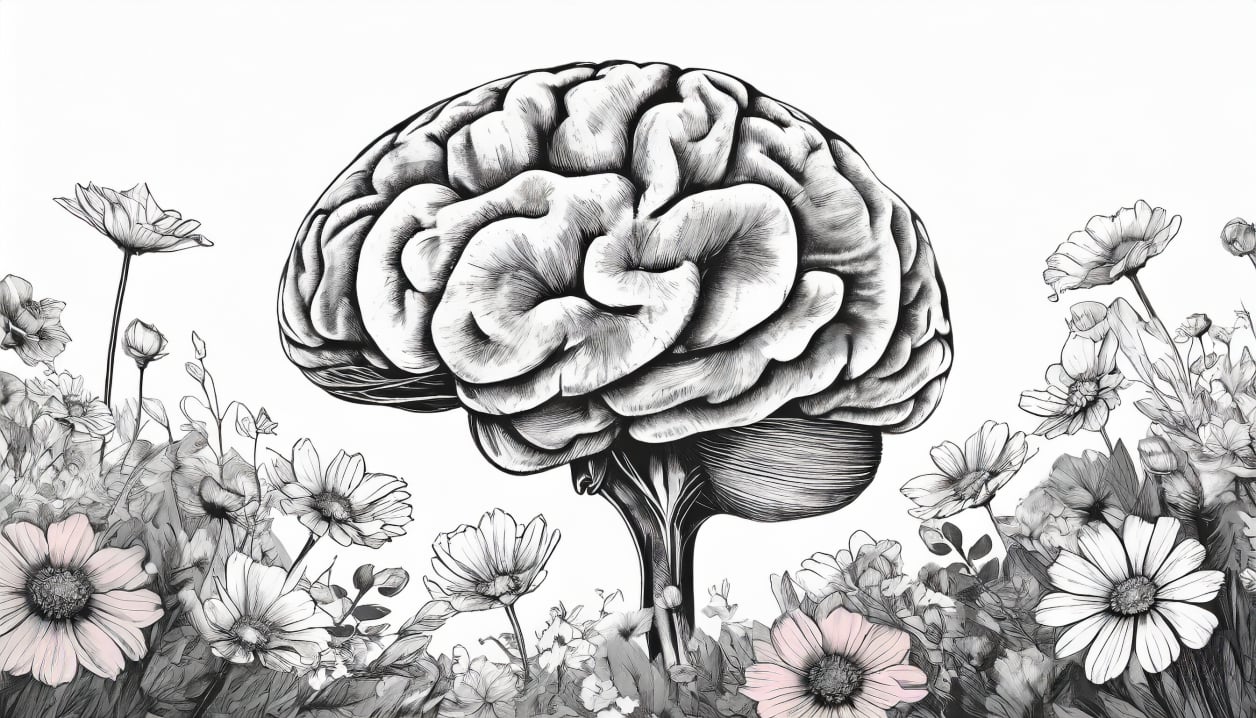
❧ Ohad's primary research interest is human information seeking, a topic involving decision-making and learning.
❧ In our modern world, where information is more accessible than ever before, understanding how we seek and consume information has never been so important to us, individuals, and societies.
❧ One theme that guides his research is the distinction between information-seeking that is guided by external vs. intrinsic reward. Ohad’s basic view of nature is that biological organisms were optimized by evolution to maximize their survivability. To make optimal survival actions, organisms need to learn their environment. Learning is so crucial for survival that evolution endowed us, biological entities, with an innate exploration drive that we cannot resist, whether reward is involved or not. This exploration drive, our curiosity, often leads to peculiar behaviors but is also the source of everything that is intriguing and beautiful in our humanity.

How do we choose?
A common theoretical framework for the study of decision-making is the assumption that decisions are driven by values that decision-makers ascribe to different choice alternatives, or actions. In his research, Ohad tests this assumption by searching for a neural signature that corresponds with subjective values. Moreover, Ohad seeks the neural correlates of various dimensions that are integrated subcomponents that give rise to it (e.g., the neural representation of uncertainty and its effect on subjective value.)
Furthermore, the decision-making literature focuses on how decision-makers choose between strictly quantifiable outcomes (most often, money). Ohad extends economic theories to explain choices in non-quantifiable outcomes. For example, how decision-making plays a role in obesity, or how individuals or expert physicians make medical decisions.
Finally, Ohad investigates how individuals construct the value associated with different options, in particular when these options are associated with uncertainty. Such uncertainty may be provided to decision-makers explicitly (decisions from description) or estimated from an environment (decisions from experience; learning). In both contexts, Ohad studies individual differences, both as general mediating factors for decision-making and as a computational window to maladaptive behaviors in mental disorders, with a special interest in anxiety.

Curiosity
Ohad's research focuses on human information-seeking behavior, encompassing aspects of curiosity, boredom, and the desire for novelty. He seeks to unravel the motivations that drive people to explore and acquire new information, shedding light on the cognitive and affective processes involved.
Ohad considers information seeking in two main contexts: with and without extrinsic motivation. With extrinsic motivation (the “reward” in reinforcement learning), exploration is an instrument for improving ultimate prospects in an environment that is partially unknown, or inherently stochastic. A unique type of exploration Ohad is interested in is exploration of the “unknown” (sometimes called decisions under “ignorance”). In environments with many (endless) choice alternatives, Ohad asks when decision-makers opt to explore novel alternatives over previously tested ones.
Perhaps surprisingly – we could have just sprawled idly, enjoying mojitos in the sun – biological agents have an internal exploration drive, even when no extrinsic incentive exists to drive behavior. In this line of research Ohad is interested in several types of questions:
╰┈➤How do humans, and other animals, behave in an environment with very little novel information, which often accompanies highly aversive boredom?
╰┈➤How do agents learn the structure of their complex environment (the “model” in model-based learning) when driven by pure exploration?
╰┈➤What type of preferences do humans have in information choices when they are driven by curiosity?
These topics, and particularly our curiosity-driven behaviors, are highly relevant in our modern, technological environments, which inundate information consumers with endless streams of information.

Heuristics and Biases
An obvious benchmark for human cognition is optimality. Considering how high is the standard of optimality, it is surprising how often optimal behavior is exactly what we, humans, do. And still, many times we do not. Because exhaustive computation is too expensive (bounded rationality). Because we have specific priors (biases). Because we sometimes believe, for no apparent reason, that the environment has some specific structure (superstitions). Such systematic deviations from optimal behavior make us who we are, but also, sometimes, lead us to some perplexing behaviors.
Ohad's work challenges conventional models of decision-making by investigating bounded rationality, heuristics, cognitive biases, and superstitious behavior. He examines how these cognitive shortcuts and deviations from traditional economic models impact our choices and actions in everyday life. Furthermore, Ohad seeks to expand traditional decision-making models to show that if some axiomatic assumptions that we, scientists, have about human behavior, are relaxed just a little, human cognition may in fact be considered optimal back again.
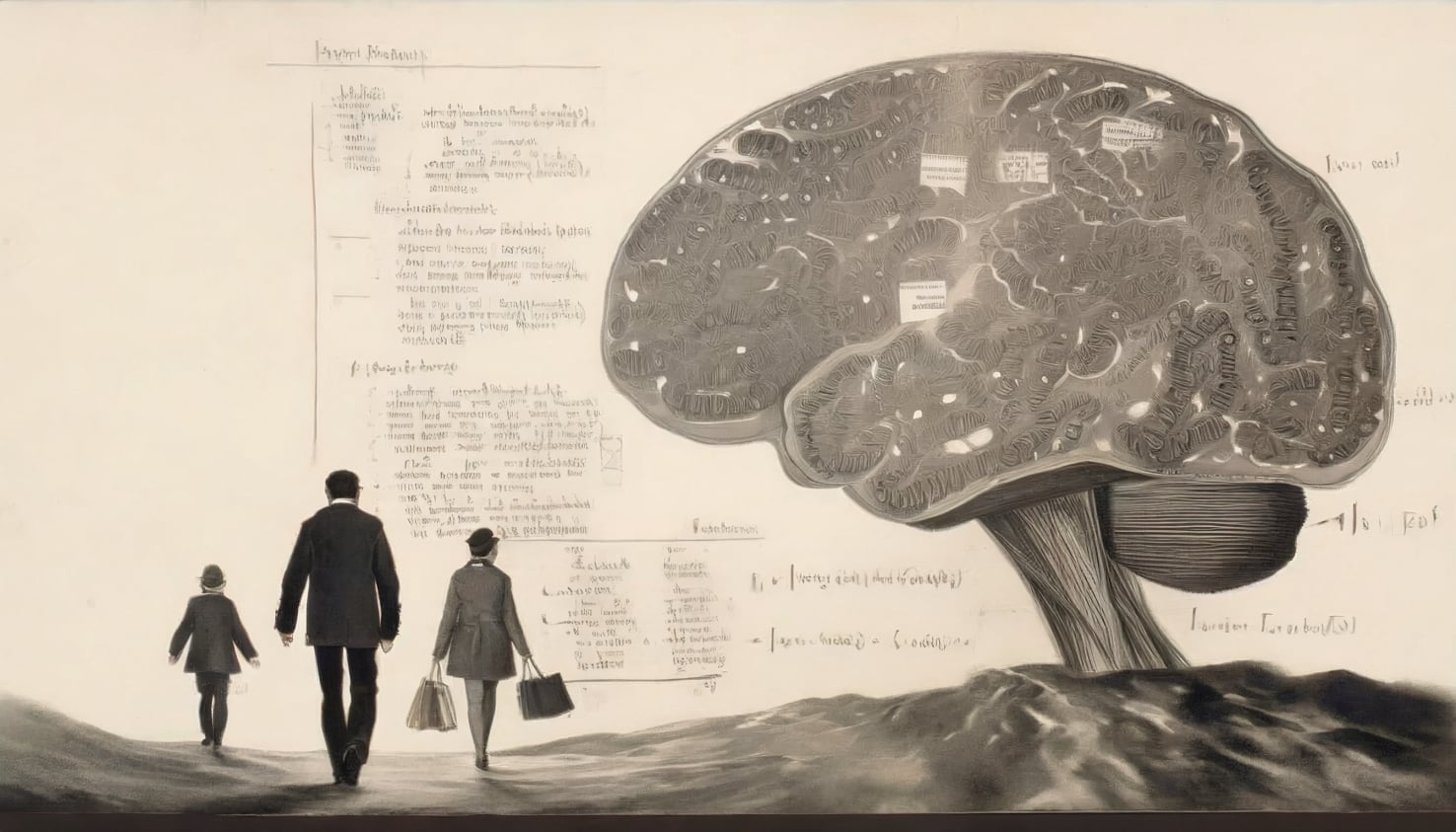
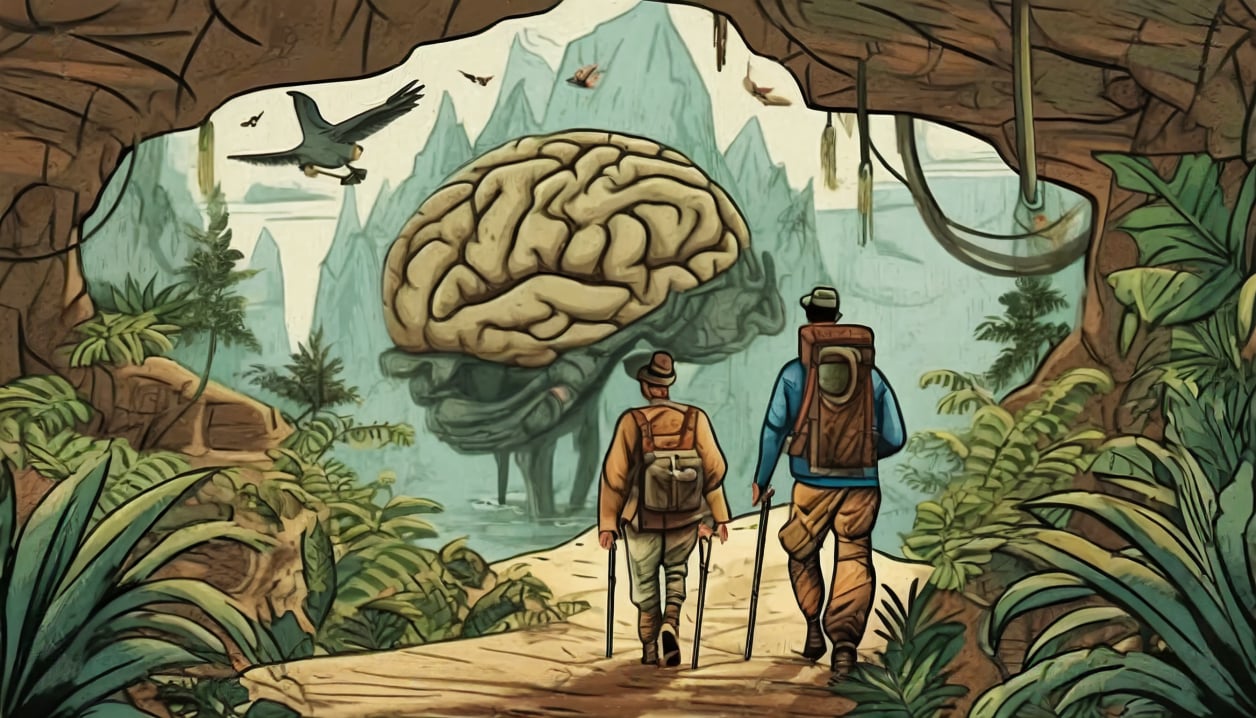
Mentorship might be the best thing in academia.
Reflecting on my journey as a mentee, I had, and I am still having wonderful, profound, mentoring experiences that shape my ever-developing worldview.
As a mentor, I am committed to cultivating an environment where knowledge intertwines with support, empowering mentees to make impactful contributions in their own academic pursuits.

Academic integrity – there’s simply no other way. It’s also the best way to learn and contribute to our broader community.
It must be interesting – Let’s spend time understanding together what it is, precisely, that is interesting in this question we are working on. Now let’s do it again. And again. What better way is there to have fun while making novel, impactful, most interesting science.
Respect – my mentees are academics in training. They are also human beings, with needs, and wants. To be the best scientist they can I invite my mentees to bring everything they are into the lab. It is my job and privilege to make my mentees feel comfortable being who they are in the lab and the broader academic community.

Understand together what your comfort zone is, and then nudge you lightly and caringly forward.
Uncover the hidden curriculum – so often in my academic journey, I said to myself “If only I had known this process in advance, I would have still chosen to go down the same path, but the journey would have been so much more efficient and easier”. I do my best so that my mentees would not need to say this to themselves more than they absolutely have to.
In short, to optimize their progress, I try to help my mentees to have a clear working plan that focuses on the things that matter.
Have fun – it’s nicer that way.
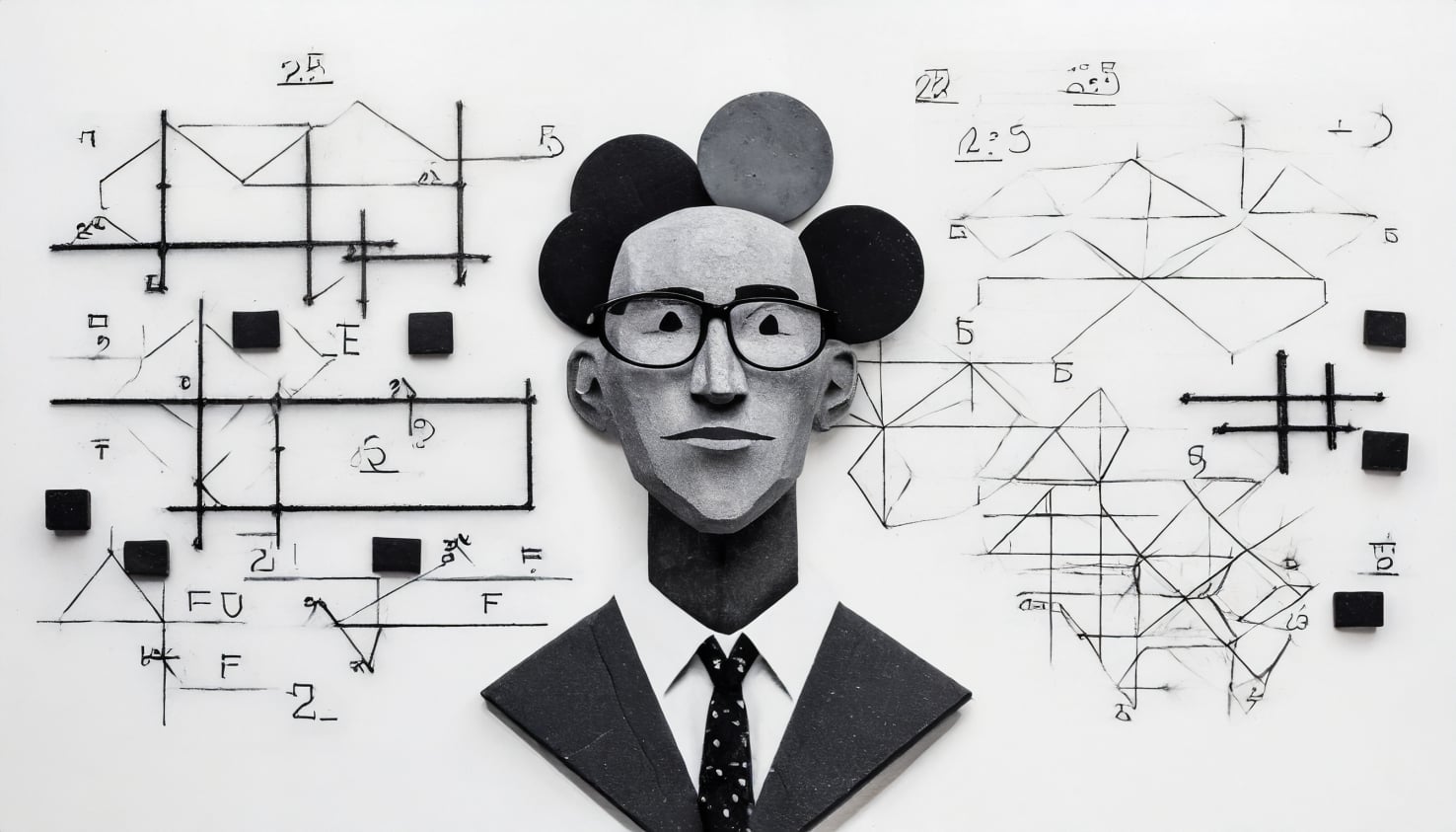
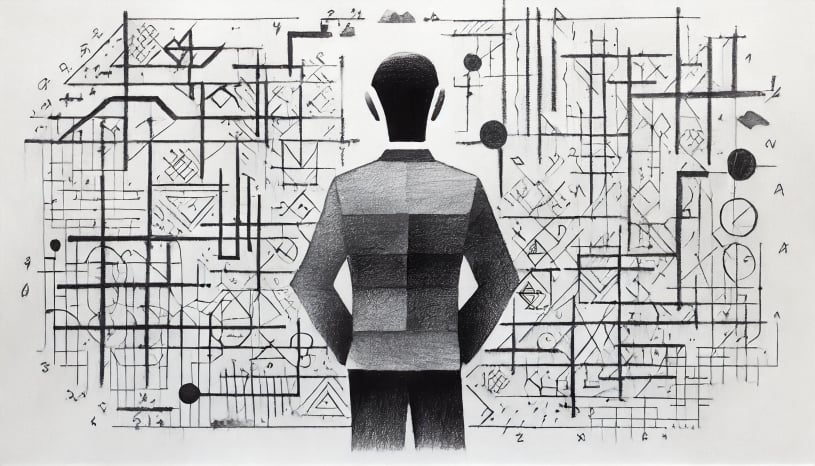
I am a good teacher (at least I hope I am). Because I was a lousy student.
I vividly remember myself sitting in class and thinking “it is very clear the instructor understands the material so very well, but why don’t they make an effort so that I would understand it too?” I was so frustrated, as a student, by the feeling of not being seen, and that the 'system' lacked a structured way to observe my academic learning needs. I then made a conscious decision that when it was my turn to stand on the podium, I would be very intent on the interactive aspect of my teaching. Since then, over countless teaching experiences, my realization was reinforced: that for effective learning, beautiful presentations, and fantastic teaching materials are necessary but insufficient conditions.
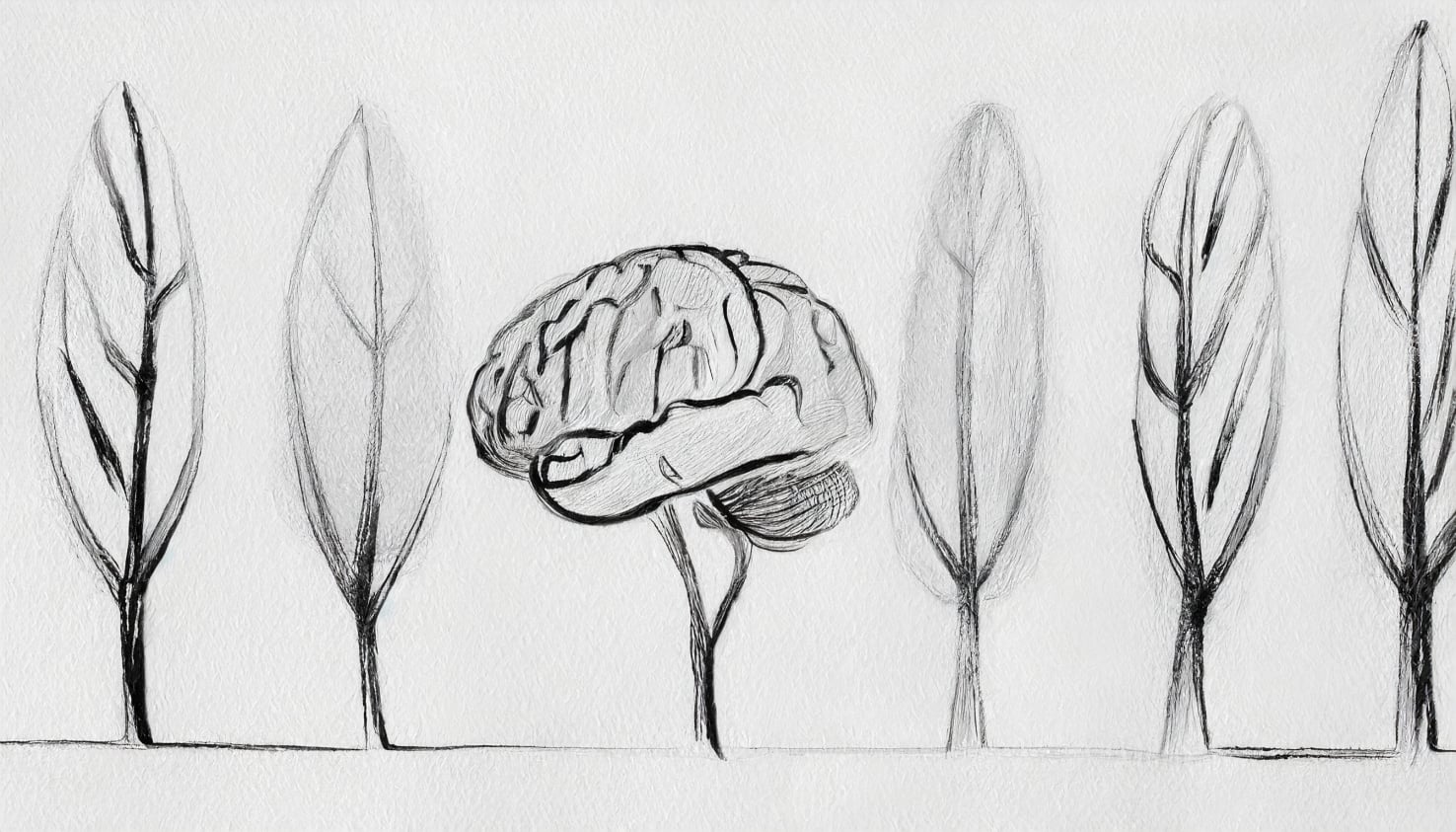
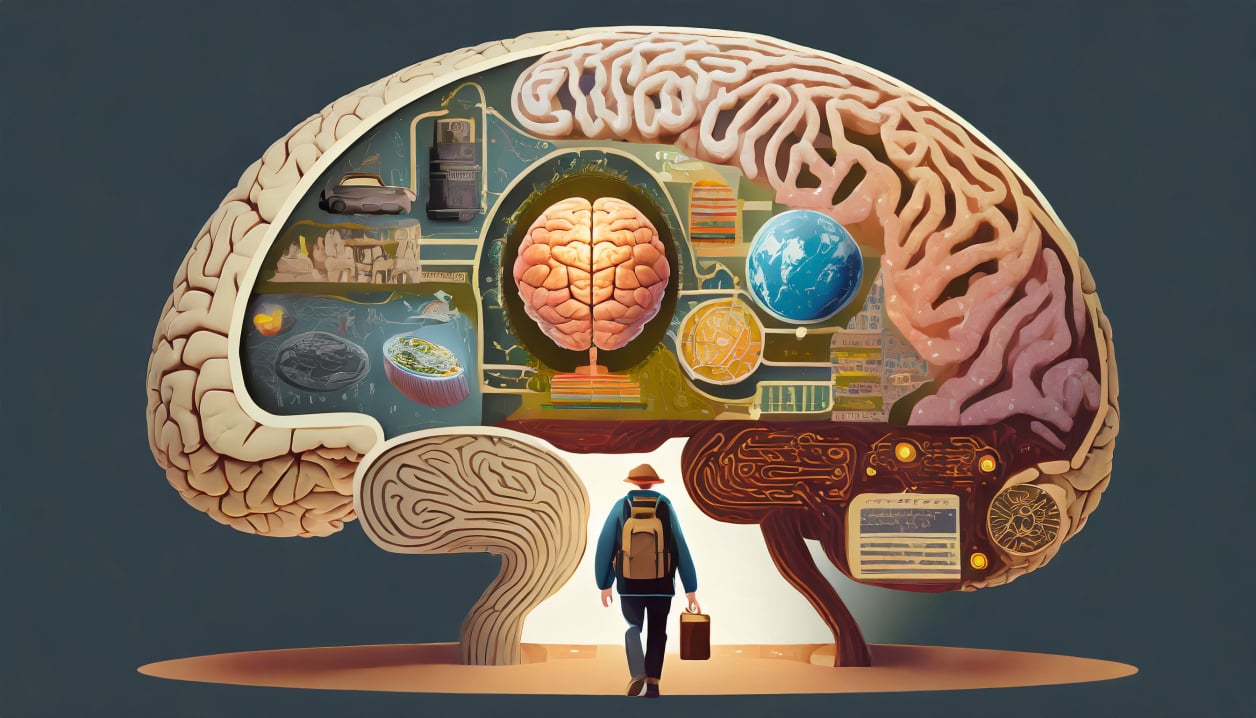
Embracing Responsibility, Fostering Innovation
I aim to play an active role in working together within my immediate and broader community to push forward our shared goals and values.
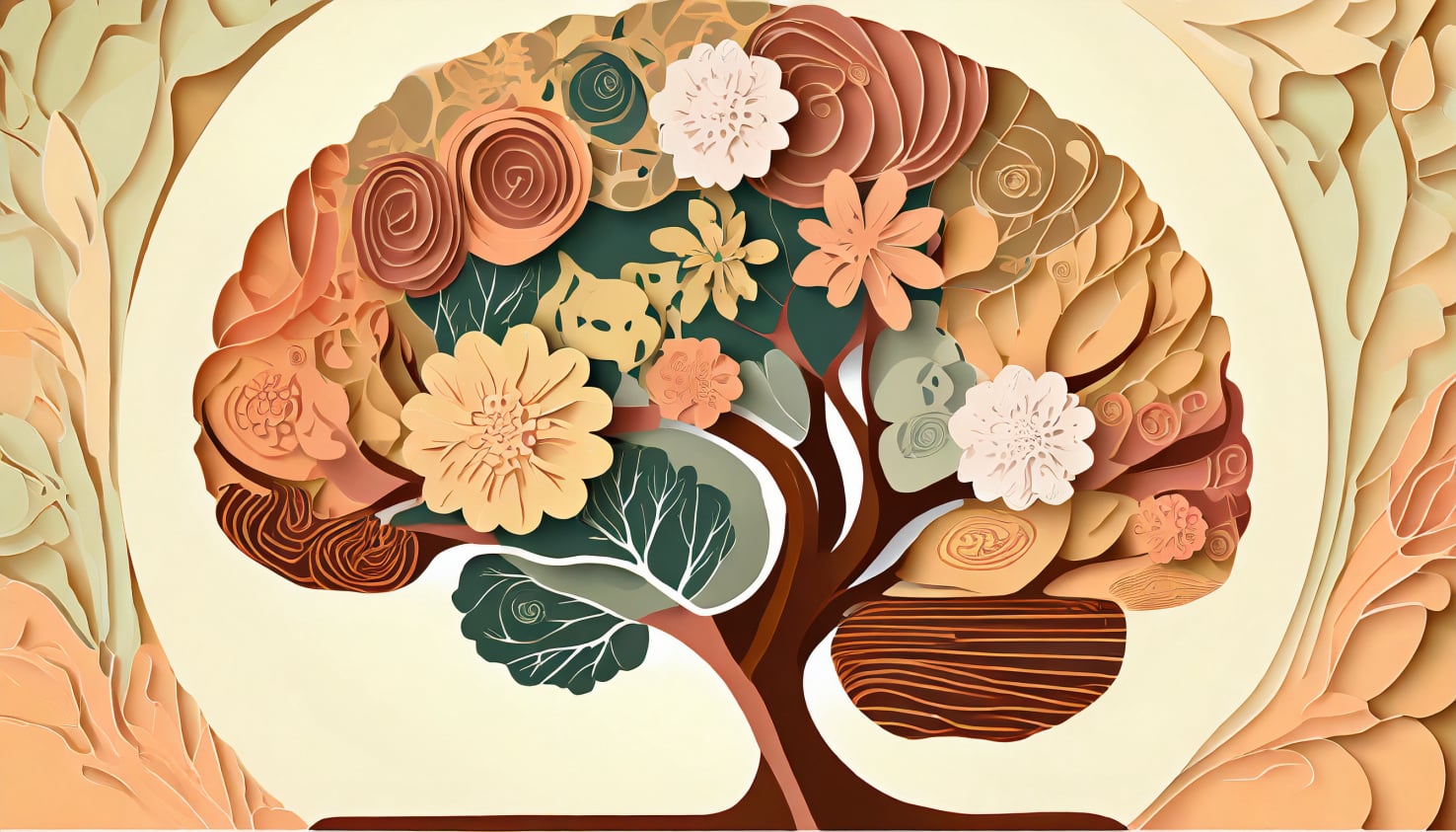
Yale School of Medicine
100 College Street, Fl 11, Suite 1176
New Haven, CT 06511